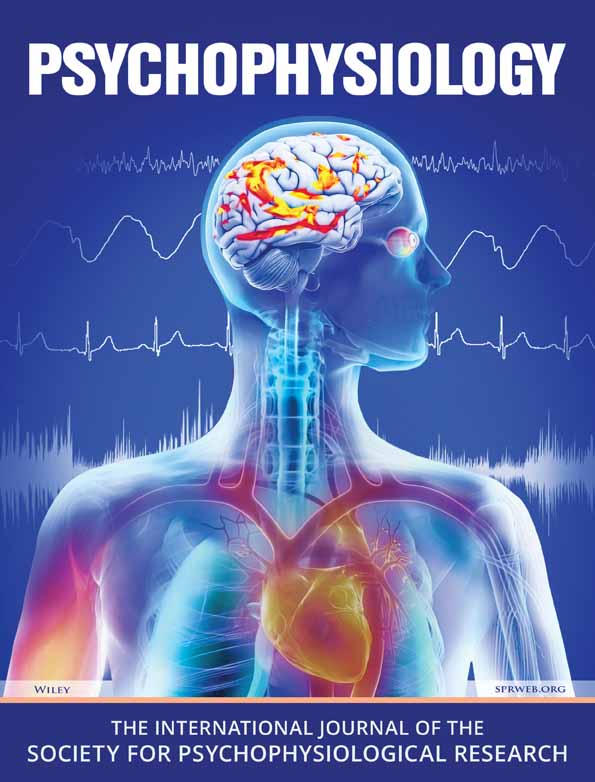Auditory memory for backward masking signals in children with language impairment
Abstract
This study was designed to investigate early auditory memory and its possible contribution to an auditory processing deficit shown by some children with language impairment. Ten children with language impairment and 10 age-matched controls participated in a series of simultaneous and backward masking tasks. The same backward masking stimulus was then used to elicit a mismatch negativity response. In the behavioral conditions, children in the language impairment group had significantly higher (poorer) signal thresholds than their nonimpaired controls in backward masking, but their thresholds in simultaneous masking were not significantly different. In the mismatch-negativity conditions, latency was prolonged and the amplitude was diminished in the children with language impairment. Taken together, these psychoacoustic and electrophysiological data suggest that in a group of children with language impairment, underlying the nonsensory language disorder, there is a neurophysiological impairment in auditory memory for complex, nonlinguistic sounds.




